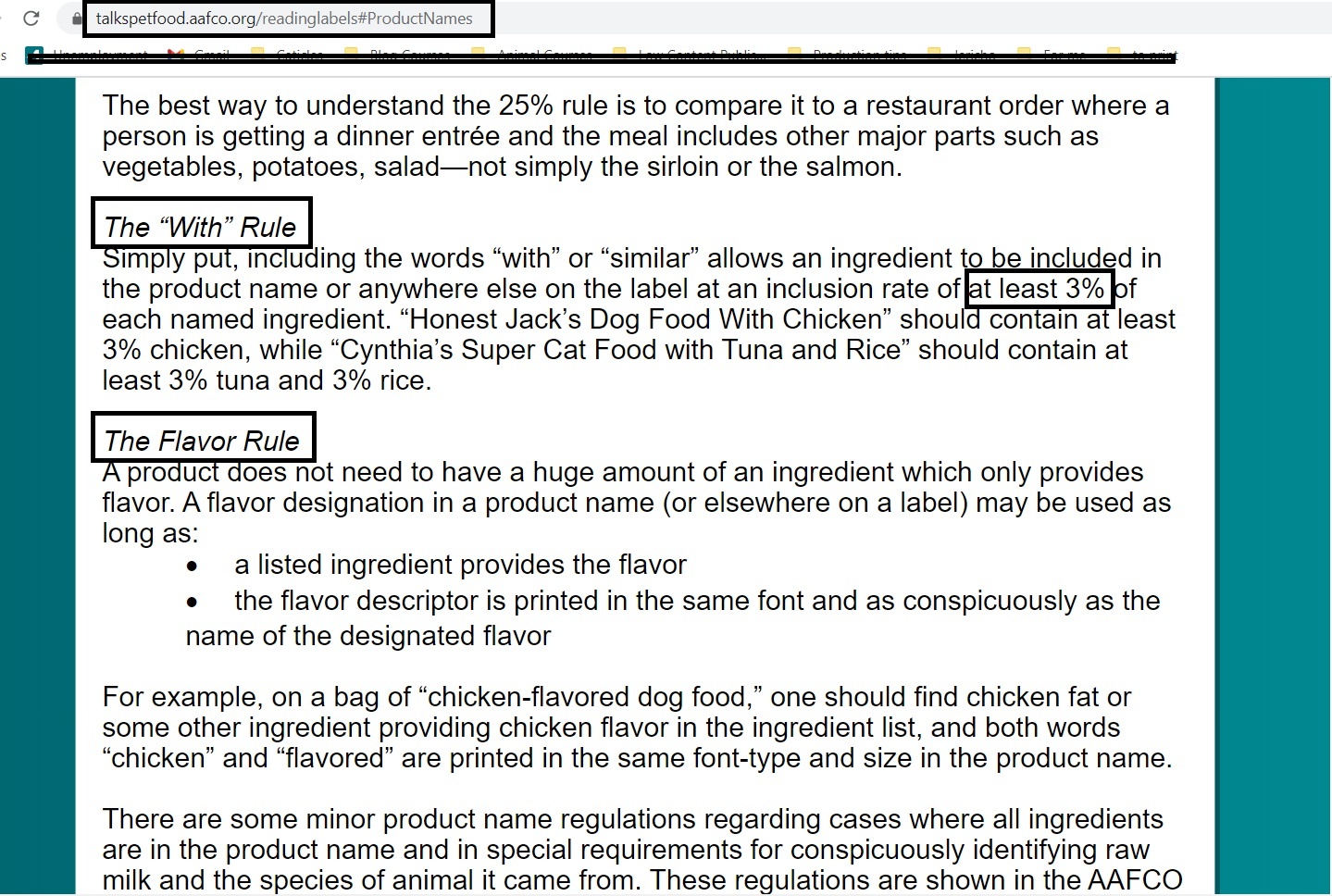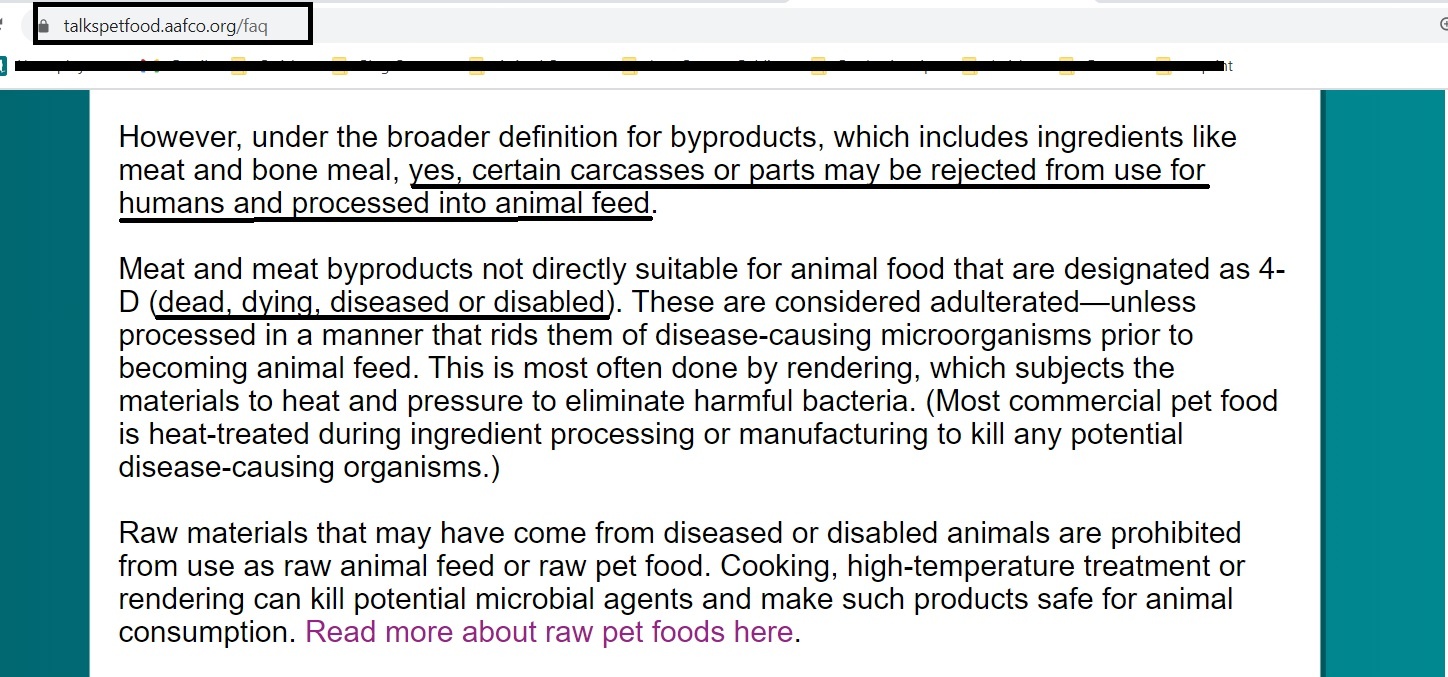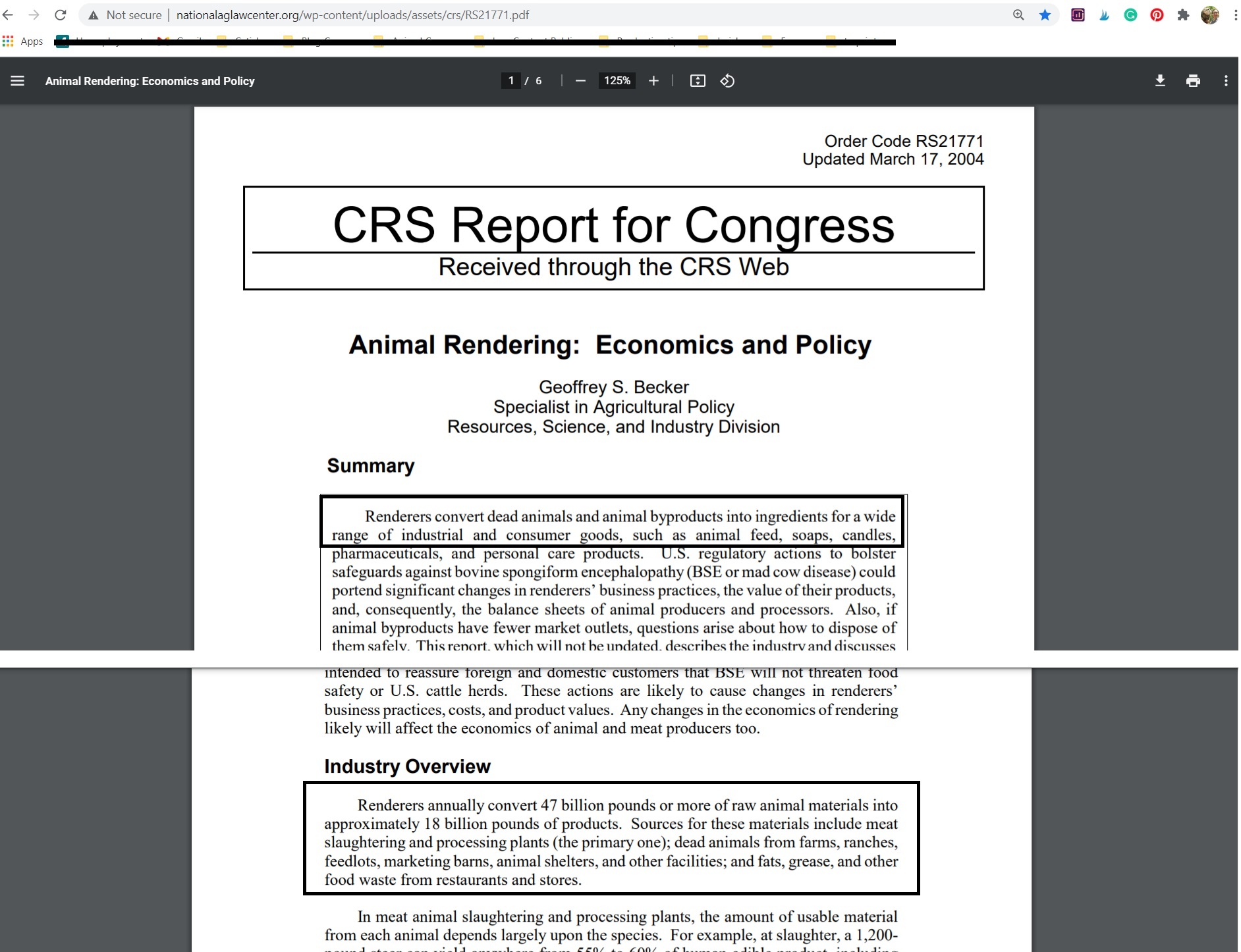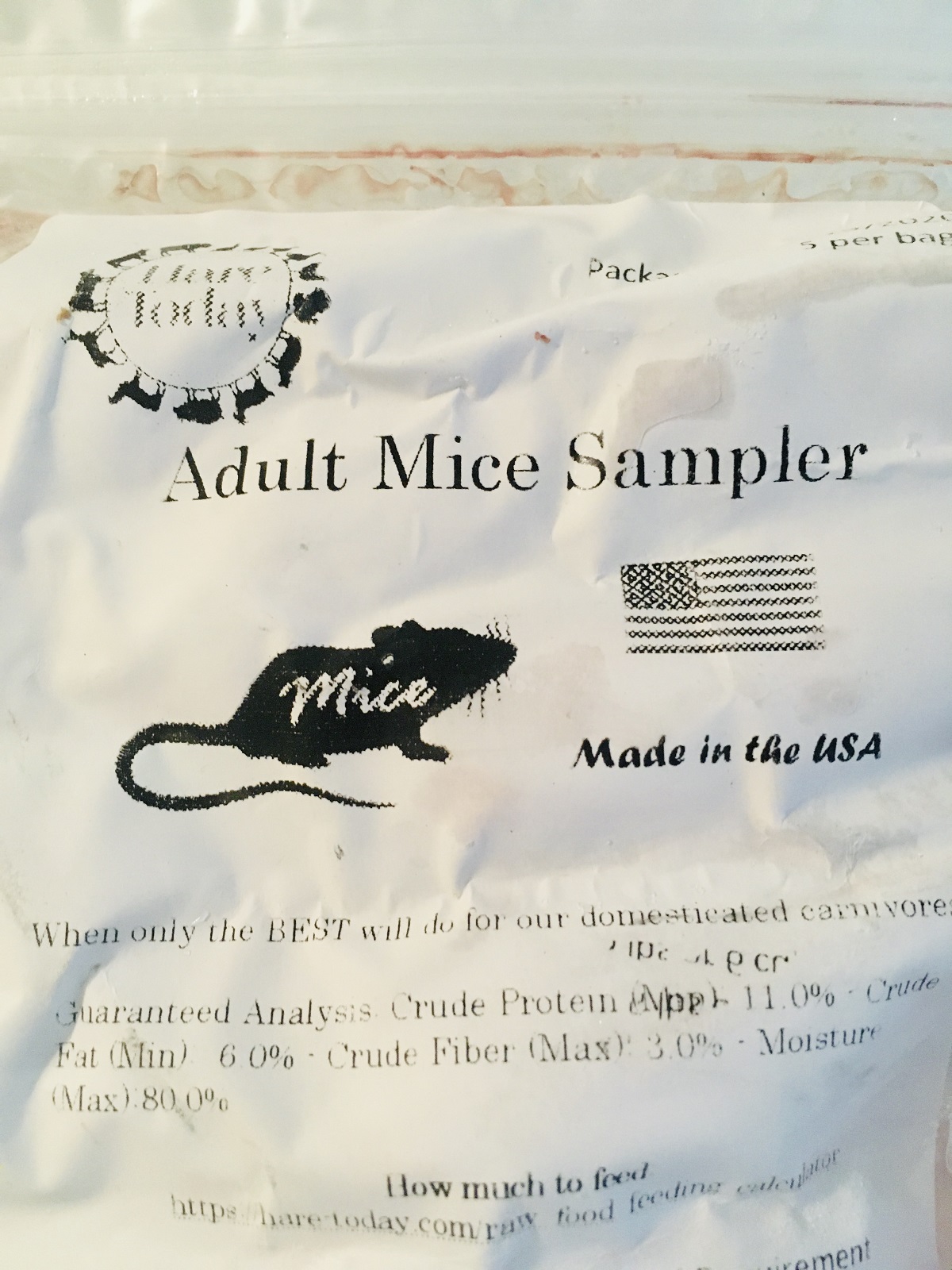These cat food facts may shock you.
So I’m inviting you to have an open mind.
There is a lot of clever marketing we need to undo.
And of course, I’ve provided the factual resources in each section.
Here are the cat food facts you need to know:
- AAFCO doesn’t approve cat food
- More than half the cats in the US are overweight
- Some cat foods have less than 25% meat
- 4D meats are allowed in cat food
- Cats rely on food for moisture
- Holistic vets consider raw food the best medicine
- Bacteria is in all foods, even kibble
- Raw diet is more than just raw meat
- Cats are sensitive to food changes
- Some fresh food is better than no fresh food
Check it out today or pin the image below to your Cat Facts board on Pinterest.

Disclaimer: I earn a commission through affiliate links below. No additional cost to you.
PS – If you’re ready to ditch high carb kibble for a species-appropriate raw diet, my Switch to Raw Blueprint digital magazine is for you!
My Switch to Raw Blueprint digital magazine includes my proven food transition plan, healthy treats & topper recommendations to enhance meals, best cat food brands I feed and recommend as a pet nutritionist, and so much more so you can switch your cat to a healthy premade raw diet easily and confidently.
1. AAFCO doesn’t approve cat food
Many people may tell you “make sure your cat’s food is AAFCO-approved.”
Sorry, but they are misinformed.
AAFCO states very clearly “AAFCO does not approve, certify, or endorse pet foods. There is no AAFCO-approved pet food.” on two websites.
You can view these statements at the bottom of PetFood.AAFCO and in the FAQs section of TalksPetFood.AAFCO.
2. More than half the cats in the US are overweight
According to the Association for Pet Obesity Prevention, 2019 data, 59.5% of cats in the US are classified as overweight or obese.
82% of us feed kibble.
Seems obvious what the problem is.
3. Some cat foods have less than 25% meat
AAFCO puts rules in place for pet food manufacturers to follow.
One example of this is the product name rules.
Here are the rules:
- Grain-Free Chicken and Peas Recipe = 25-94.9% chicken and peas combined because of the word “recipe”
- Nature’s Evolutionary Diet with Chicken = 3-24.9% chicken because of the word “with”
- Metabolic Weight Management Chicken Flavor = 0-2.9% chicken because of the word “flavor”
You can check out the product name rules on TalksPetFood.AAFCO.
PS- those cat food names above are real. Search them!
The last one (that has less than 3% chicken) is a “prescription” diet.
4. 4D meats are allowed in cat food
4D meats = dead, diseased, dying, disabled.
AAFCO states that 4D meats are allowed in cat food as long as they are heated and pressurized.
So heating kills bacteria but what about drugs in the livestock animal’s system?
You can read more about this on TalksPetFood.AAFCO.
According to a CRS Report for Congress, rendered meats can come from feedlots, marketing barns, and even ANIMAL SHELTERS.
It’s absolutely crucial you learn how to read cat food labels properly.
5. Cats rely on food for moisture
One mouse is approximately 70-80% moisture.
Kibble, on average is 10% moisture.
“But my cat drinks plenty of water!”
According to Clinical Anatomy and Physiology for Veterinary Technicians, cats need to consume water in mL equal to calories consumed daily.
If your cat eats 250 calories, he needs 250 mL of water daily.
250 mL = 8.4 oz.
No cat will drink enough water to make up that difference.
6. Holistic vets consider raw food the best medicine
A few of these veterinarians include the Raw Feeding Veterinary Society.
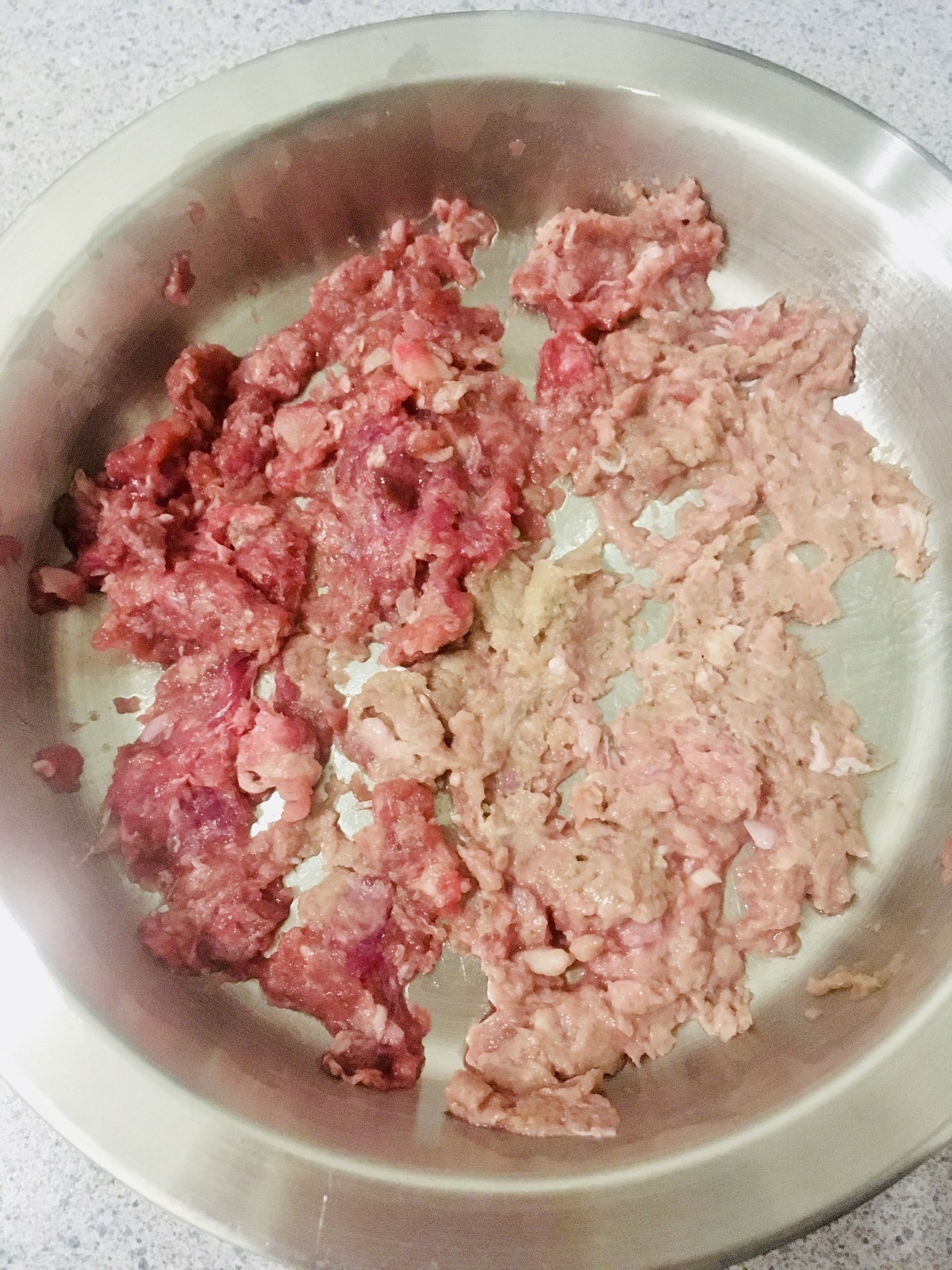
Other raw-feeding veterinarians include:
Dr. Hodgkins actually owns a patent in which she TREATS diabetic cats by switching them off kibble to a properly balanced fresh food diet.
7. Bacteria is in all foods, even kibble
March 2021, a kibble manufacturing company called Midwestern Pet Foods recalled over 120 products for potential salmonella contamination.
In April 2021, a raw pet food manufacturer called Bravo recalled 9 products.
Kibble recalls over 120 products, raw recalls 9.
Based on these recalls, salmonella in kibble is a much more serious issue.
Jericho’s been eating 100% raw since 2018.
We did a full GI panel in March 2021. All bacteria and parasites are negative.
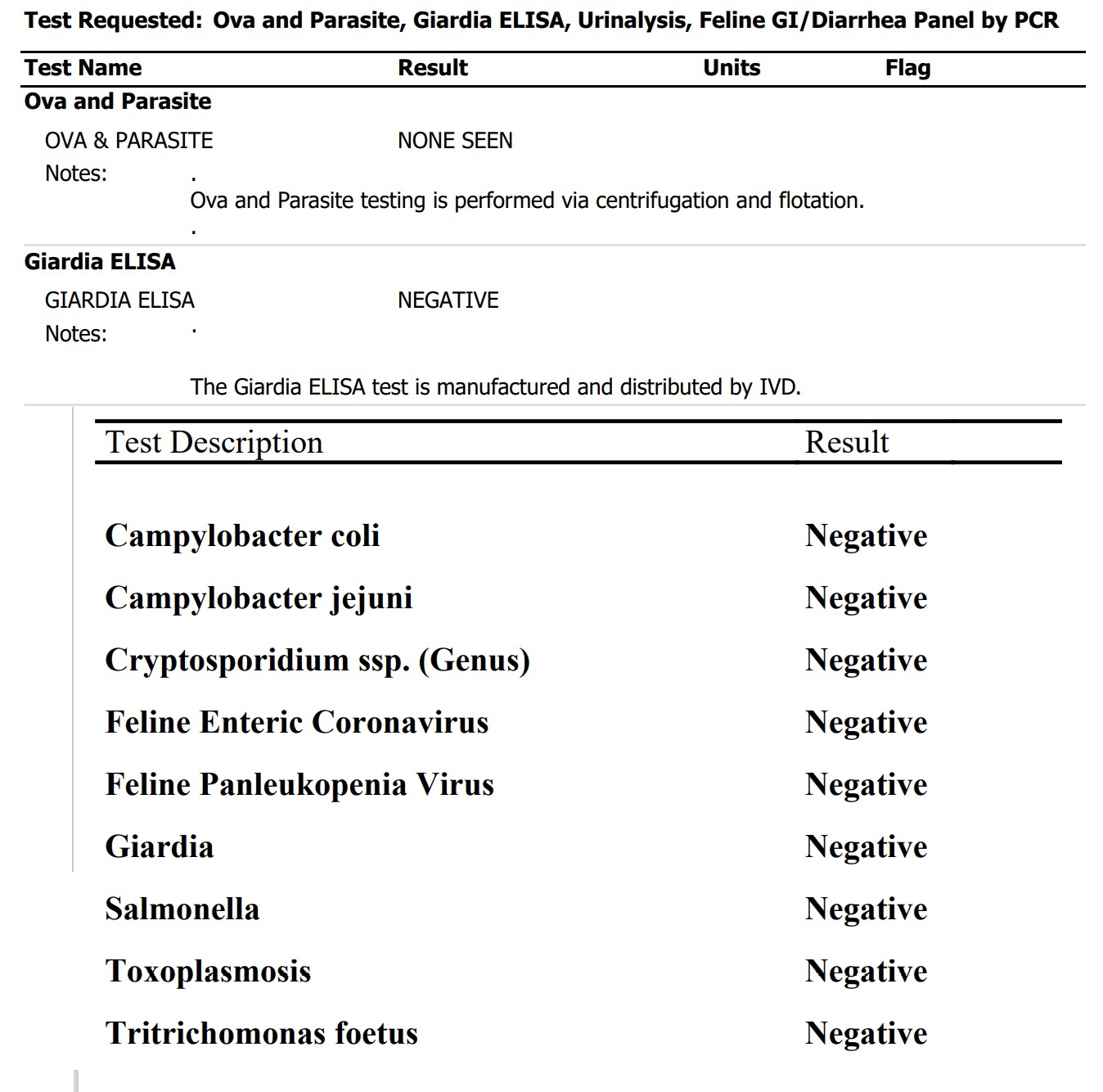
It all comes down to how you source and handle the food.
8. Raw diet is more than just raw meat
Cats eat the entire prey.
This includes:
- Muscle meat
- All of the organs (eyes, brain, liver, kidneys, etc.)
- All of the bones, ligaments, cartilage
- Blood
- Fur/feathers
- Feet
So feeding a raw diet requires a proper balance of meat, bones, and organs plus supplements to make up for nutrient losses.
Check out my playlist raw diet for beginners to feed raw safely.
9. Cats are sensitive to food changes
Maybe you’ve tried a new cat food and your cat got sick after it.
This is very common.
The cat’s system gets used to processing the same foods every day.
So when we give them new food “cold turkey” it can cause GI problems.
You’ll have to transition cat food very slowly.
10. Some fresh food is better than no fresh food
If you can’t feed raw, some fresh food is better than no fresh food.
At the end of the day, ANY wet food is better than ANY kibble. Simply because wet food has an appropriate moisture content.
But if your only option is kibble, your ultimate goal is to add more moisture and whole food supplements to improve its nutrition.
Ready to switch to raw for a happier cat?
Grab my Switch to Raw Blueprint digital magazine and get the same plan that 564+ cat parents used to switch to a healthy premade raw diet easily and confidently.


